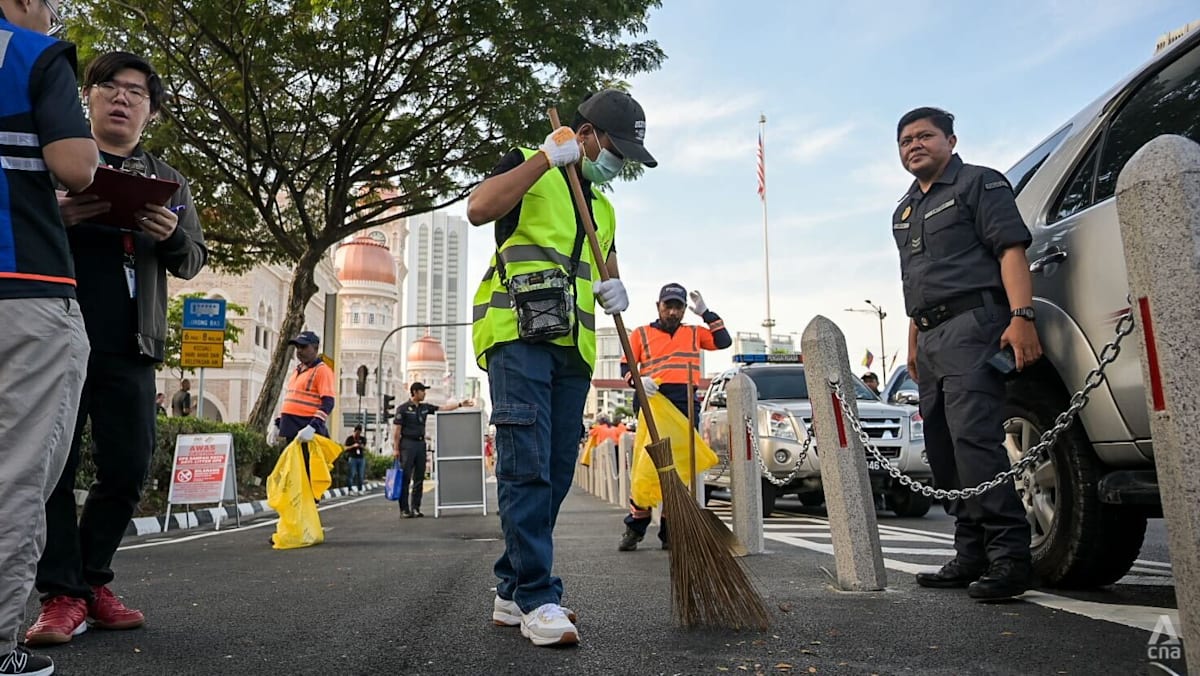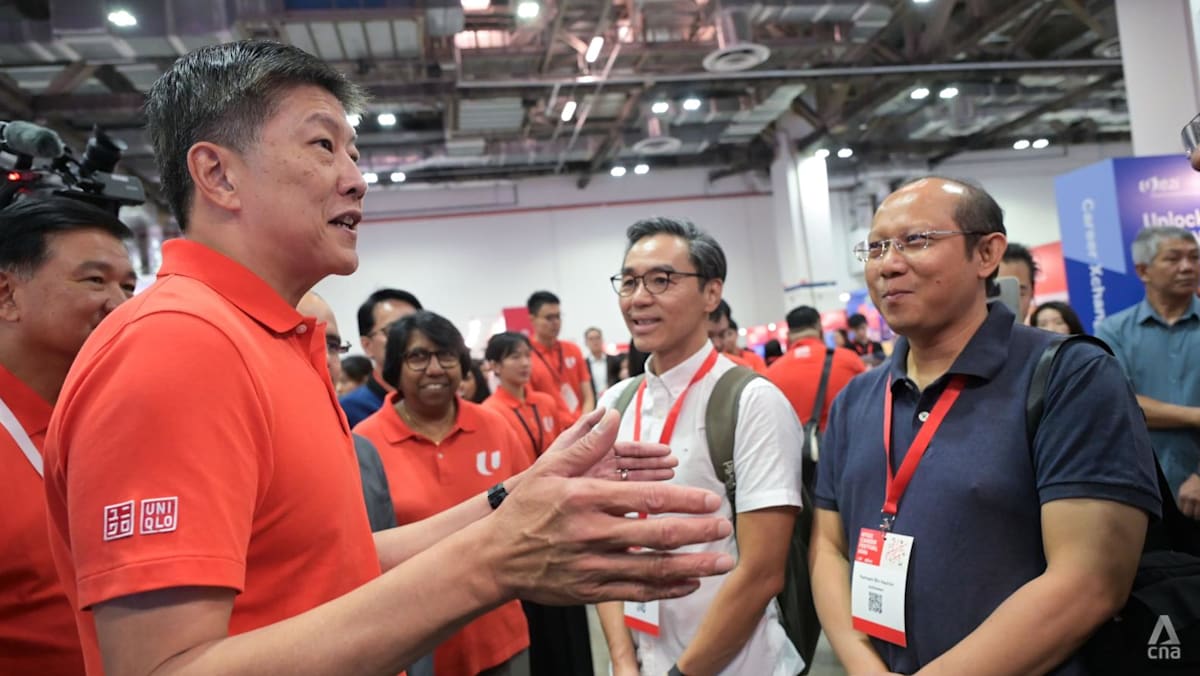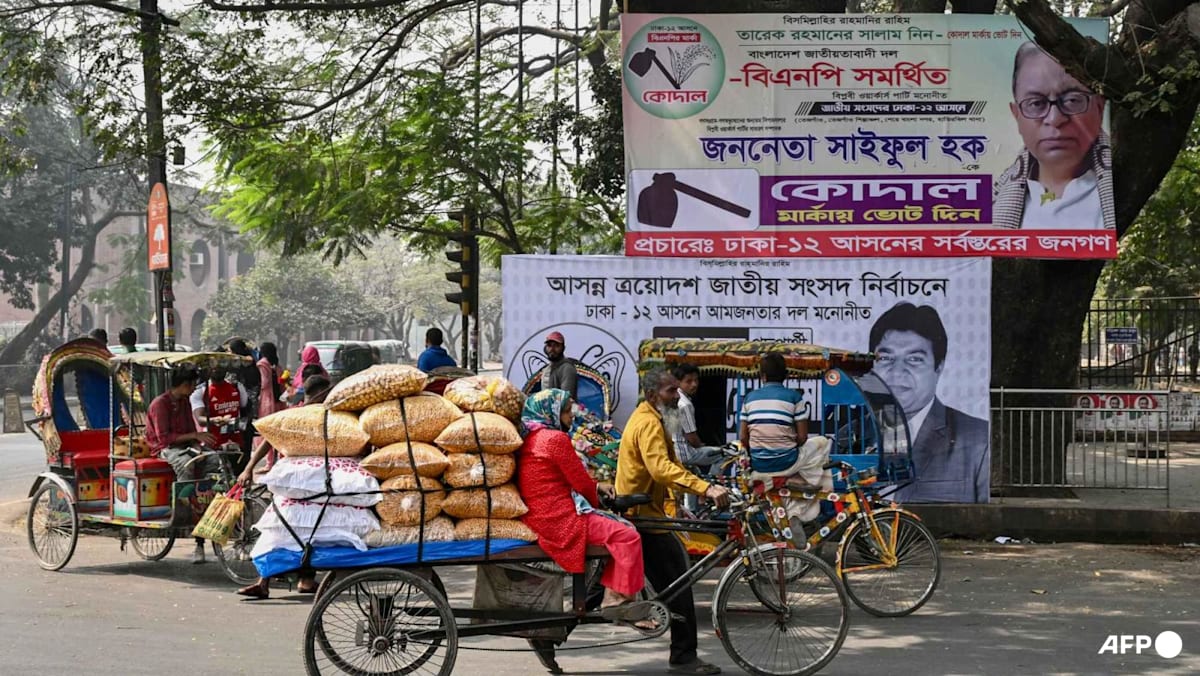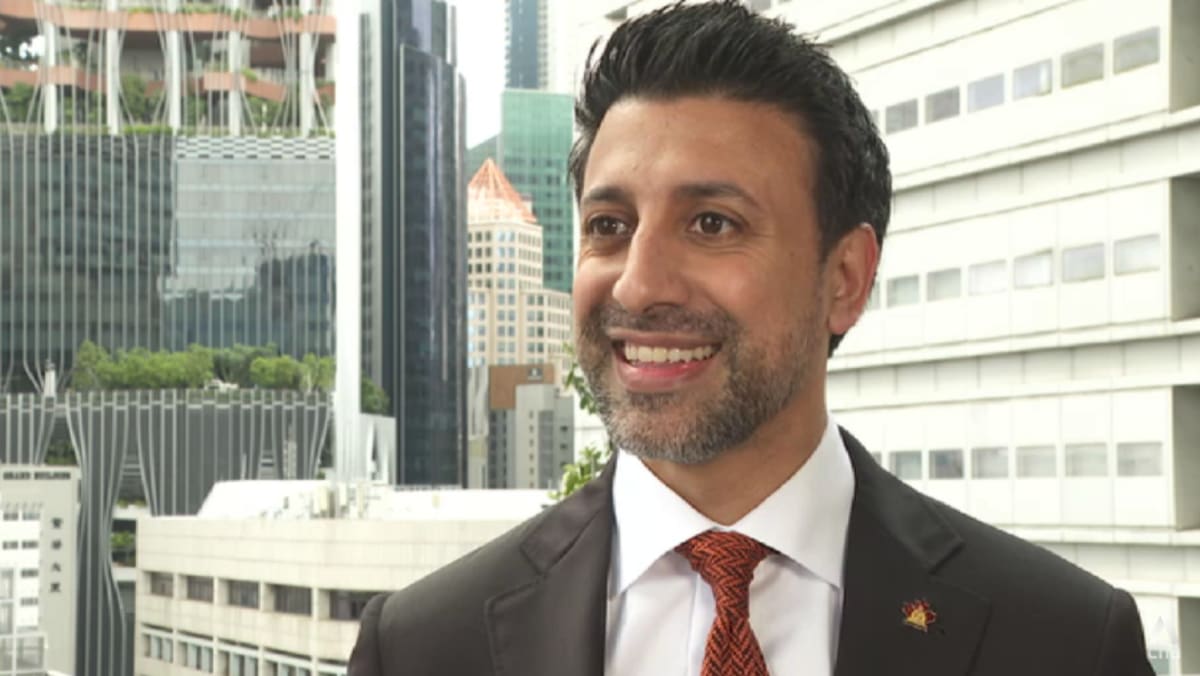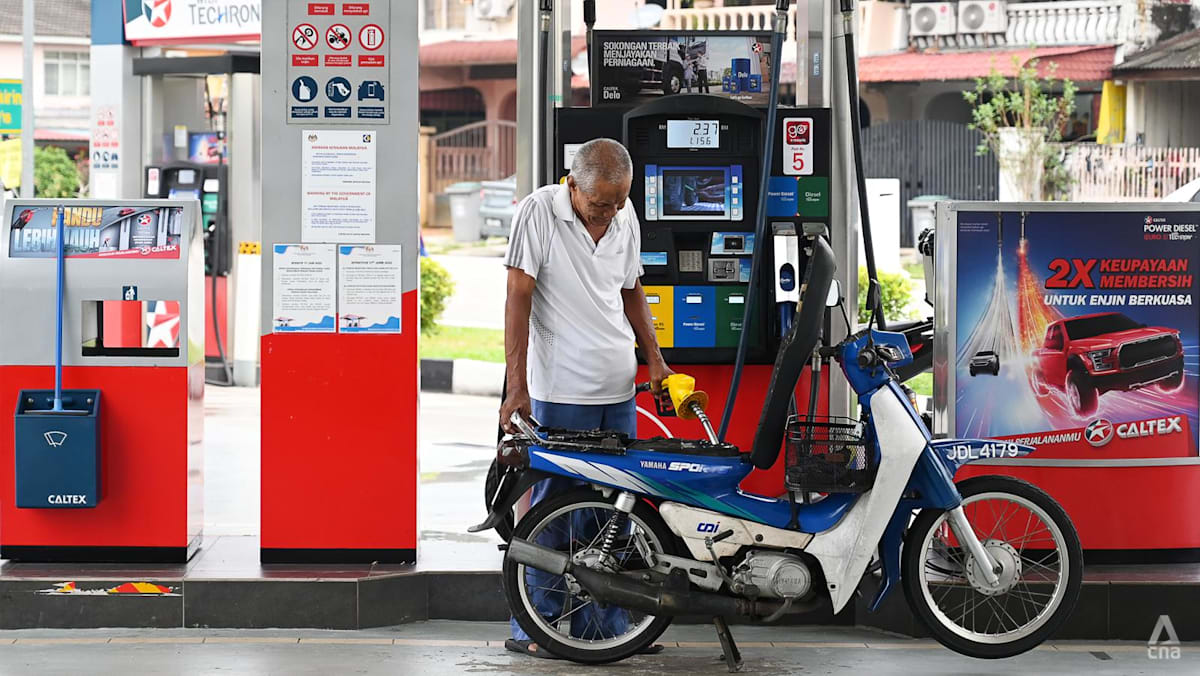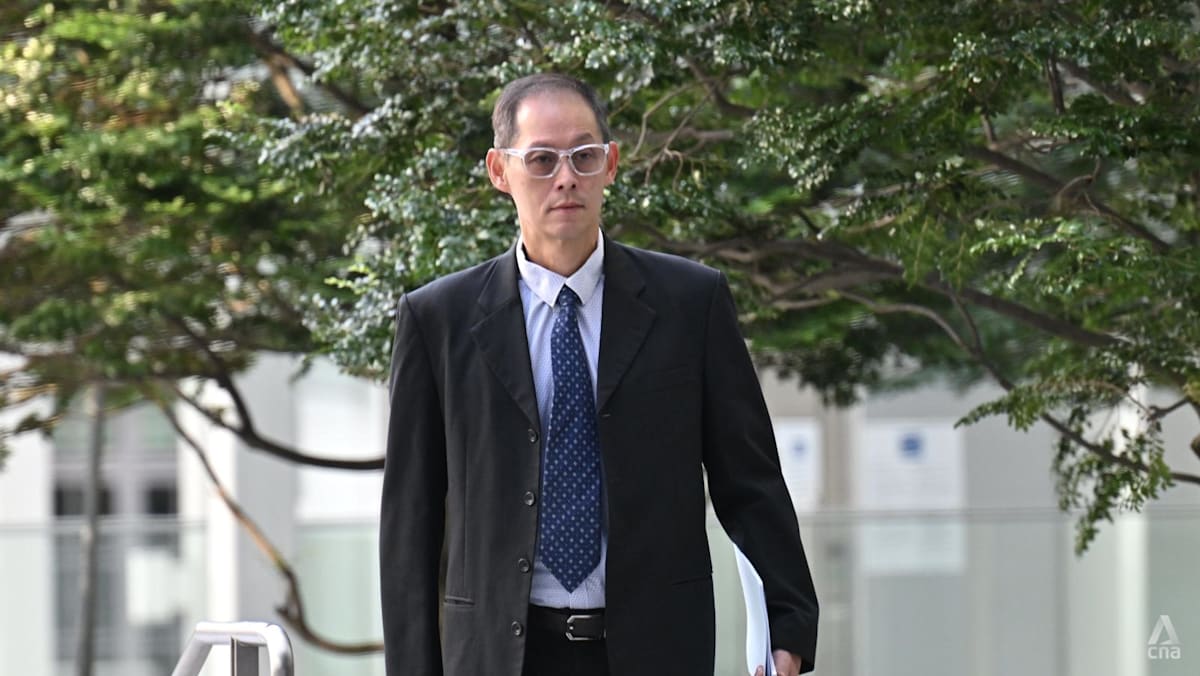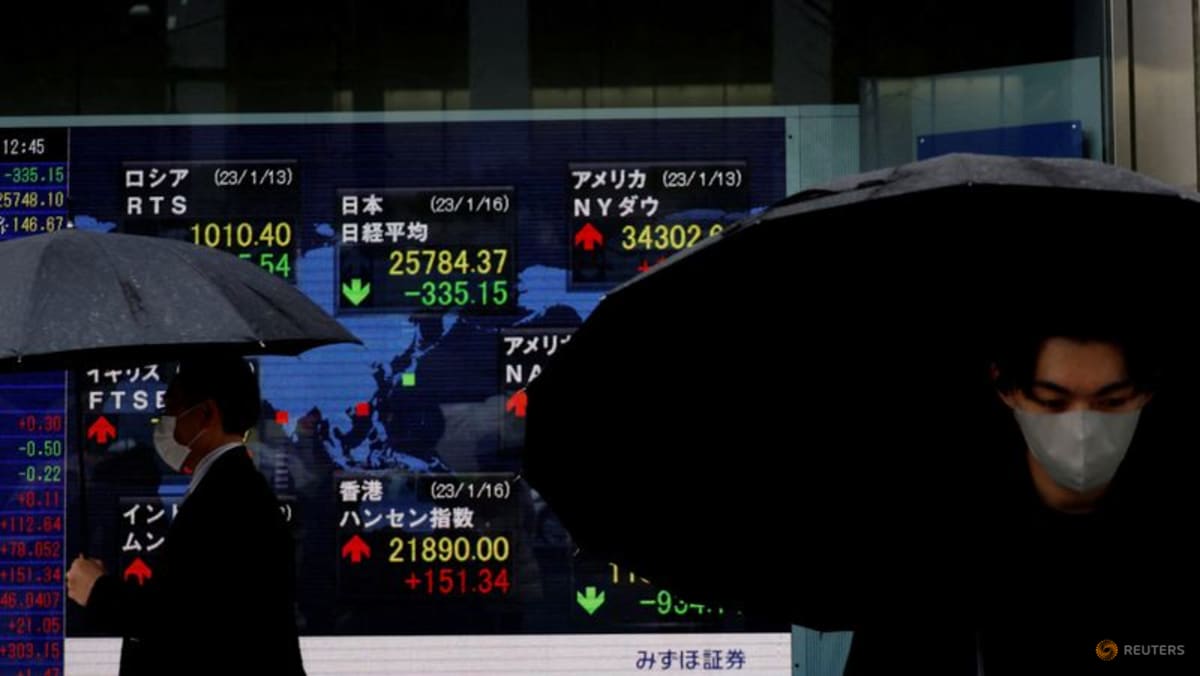In 2023, Ms Rosemarie Gomez struggled with a recurring cough and a high fever of about 40°C, even after taking the medication prescribed by her general practitioner (GP). “It wasn’t a normal cough,” said the 65-year-old retiree. “It had a gurgling sound and I knew something was not right.”
 Ms Rosemarie Gomez was hospitalised with pneumococcal pneumonia in 2023 after a persistent cough and high fever, and took four months to recover. Photo: Rosemarie Gomez
Ms Rosemarie Gomez was hospitalised with pneumococcal pneumonia in 2023 after a persistent cough and high fever, and took four months to recover. Photo: Rosemarie Gomez
Concerned that her symptoms were not improving, Ms Gomez went to the emergency department on her GP’s advice. A chest x-ray confirmed the severity of her condition and she was admitted to the hospital for pneumococcal pneumonia – a lung infection caused by the bacteria Streptococcus pneumoniae, or pneumococcus.
THE HIDDEN THREAT WE CARRY
Pneumococcus is more common than most people realise. Dr Jim Teo Yeow Kwan, a respiratory physician at the O2 Healthcare Group, explained that the bacteria can live quietly in the nose and throat. As many as 30 per cent of adults in Singapore may carry it without symptoms. “It doesn’t usually cause any problems, but if the body’s defences are lowered, it can enter the respiratory system and trigger pneumococcal pneumonia and other serious illnesses,” he said.
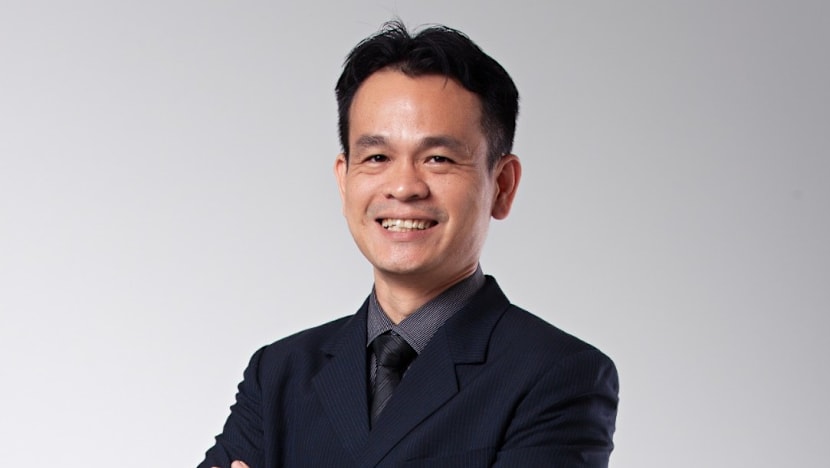 Dr Jim Teo Yeow Kwan, a respiratory physician at O2 Healthcare Group, says those who are unwell should wear a mask in public and stay home until their fever goes away. Photo: Jim Teo Yeow Kwan
Dr Jim Teo Yeow Kwan, a respiratory physician at O2 Healthcare Group, says those who are unwell should wear a mask in public and stay home until their fever goes away. Photo: Jim Teo Yeow Kwan
Individuals under five, over 65 or living with chronic conditions such as diabetes and kidney, liver, lung or heart disease, face a higher risk of developing pneumococcal pneumonia and related illnesses. In Singapore, pneumonia is second only to cancer as a leading cause of death, accounting for 23.5 per cent of all deaths in 2023.
“Pneumonia can stem from different sources, but when pneumococcus is involved, it may lead to serious complications such as lung abscess, pericarditis (inflammation around the heart), pleural effusion (fluid build-up around the lungs) or respiratory failure,” said Dr Ooi Seong Thean, a resident physician at SATA CommHealth, where Ms Gomez now volunteers. Founded in 1947 as the Singapore Anti-Tuberculosis Association, the organisation was renamed SATA CommHealth in 2009 to reflect its broader community healthcare role.
WHY TREATMENT MAY NOT BE SUFFICIENT
Dr Teo pointed out that while antibiotics are used to treat pneumococcal infection, they do not always result in a successful cure.
“Antibiotics take time to work, but patients may deteriorate too quickly and develop respiratory failure or septic shock,” he said. “What makes it trickier is that pneumonia symptoms can be very subtle – a patient may not even have a high fever. By the time they reach the hospital, their condition may have worsened.”
 Dr Ooi Seong Thean, a resident physician at SATA CommHealth, says rising resistance is making pneumococcal disease harder to treat. Photo: Ooi Seong Thean
Dr Ooi Seong Thean, a resident physician at SATA CommHealth, says rising resistance is making pneumococcal disease harder to treat. Photo: Ooi Seong Thean
Building on this, Dr Ooi noted that antibiotics are becoming less effective due to the overuse and misuse of these medicines in healthcare and agriculture. “Resistance is accelerating, which makes pneumococcal disease harder to treat and raises the risk of complications. This is why prevention measures, including good hygiene and vaccination, play an important role.”
He likened pneumococcal vaccination to attaching a bright warning tag to a camouflaged intruder, enabling the immune system to recognise and fight the bacteria.
EXPANDED PROTECTION FOR THE VULNERABLE
As treatment poses growing challenges, prevention remains vital – and it is becoming more accessible. On Aug 29, the Ministry of Health announced updates to the pneumococcal vaccines available in the National Adult Immunisation Schedule (NAIS). Eligible Singaporeans and permanent residents can now use Medisave and receive subsidies. Under the NAIS, pneumococcal vaccination is recommended for adults aged 65 and above, and those aged 18 to 64 with chronic conditions such as heart, lung, liver or kidney disease, diabetes or weakened immunity.
Dr Teo explained that doctors previously had to administer two vaccines to cover most strains of pneumococcus. “The updated guidelines provide an alternative option to the current vaccination schedule and could simplify the process for some patients,” he said. “Pneumococcal vaccines can also be co-administered with the flu vaccine, making protection more convenient and comprehensive. Patients should always speak to their physician to understand which vaccines are recommended and appropriate for them.”
He added that most vaccines are well tolerated, with patients typically experiencing only mild, short-lived side effects such as localised pain, swelling or fatigue.
Dr Ooi said the update to the NAIS not only reinforces the need to protect vulnerable seniors and those with chronic conditions, but also helps strengthen herd immunity across the wider population.
TAKING A PREVENTIVE APPROACH
Ms Gomez, who was hospitalised for a week and treated with both intravenous and oral antibiotics, said pneumococcal pneumonia left her feeling fatigued. “I was really weak,” she recalled. “I used to exercise regularly, but afterwards all I could manage were slow walks.” It took four months for Ms Gomez to regain her strength.
To lower the risk of pneumococcal disease, Dr Ooi emphasised the importance of healthy lifestyle habits such as eating well, getting enough sleep, exercising and managing chronic conditions. “For hygiene, focus on washing your hands, covering your mouth when coughing or sneezing, and avoiding contact with people who are unwell,” he advised.
Dr Teo added that those who are sick should wear a mask in public places and rest at home until their fever settles.
Both doctors recommend staying up to date with the vaccinations listed in the NAIS. Ms Gomez, who enrolled with a Healthier SG clinic under SATA CommHealth, agreed: “Going through pneumonia and its long recovery was worse than getting a single injection. I hope others will consider prevention as part of protecting their health.”
Speak to your doctor today about how to protect yourself against pneumococcal disease.
This article is sponsored by Pfizer Singapore. The opinions expressed in this article are solely those of the experts, speakers or participants featured herein. This material is intended for educational and disease awareness purposes only and should not be used as a substitute for consulting a healthcare professional. For more information, speak to a healthcare professional. References available upon request.


